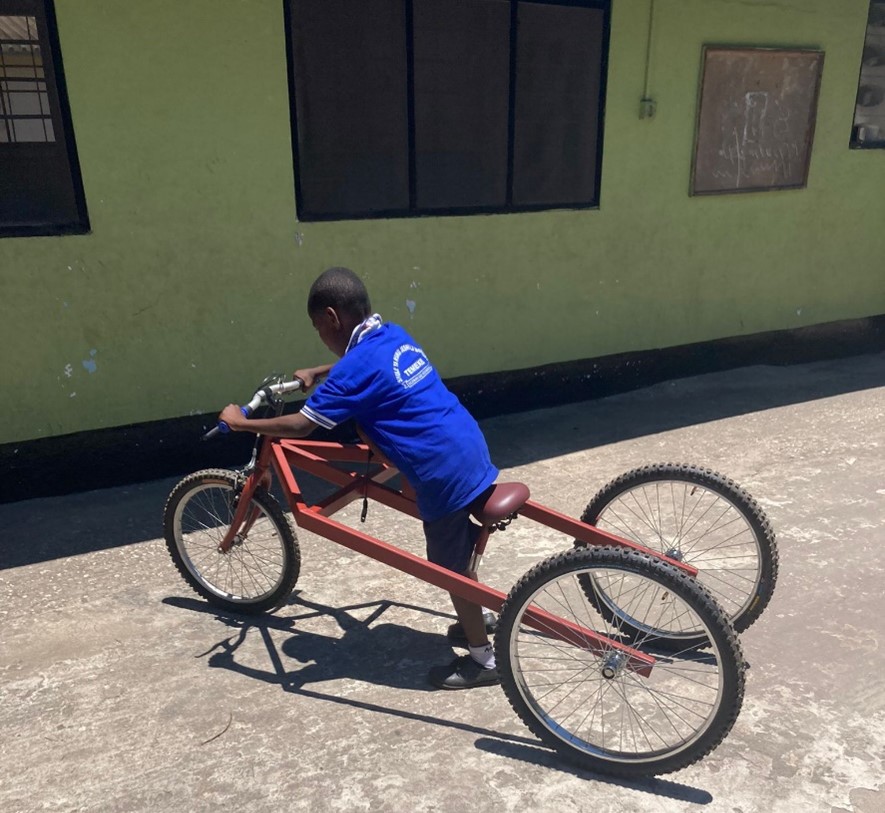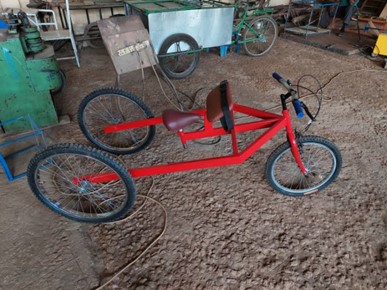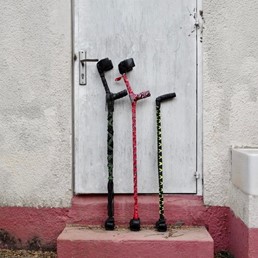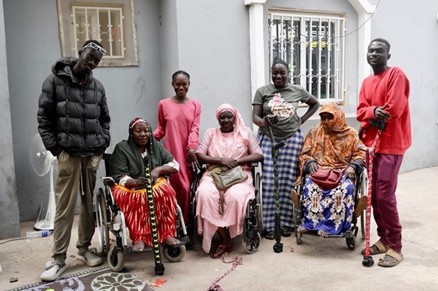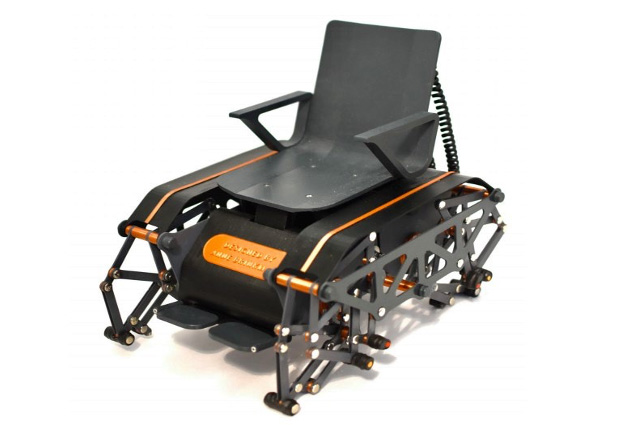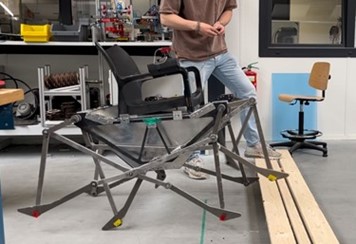Assistive Technology 4 All
Assistive Technology (AT) is essential for people with disabilities to participate equally and fully in society.
Centre of Expertise Health Innovation
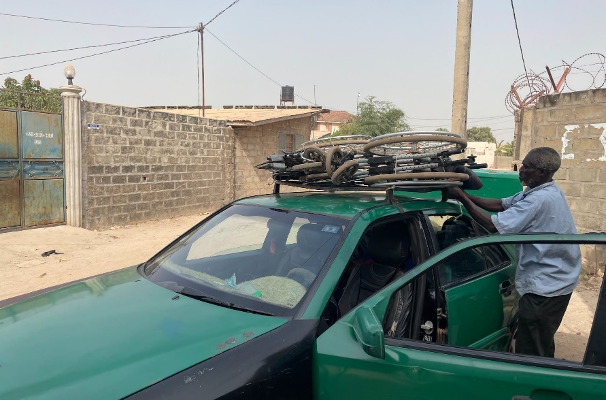
Assistive Technology (AT) is essential for enabling people with disabilities to participate fully and equally in society. An estimated 2.5 billion people worldwide could benefit from one or more assistive products, yet a large proportion of them lack access to these devices and related services. This issue is particularly pressing in low- and middle-income countries, where access remains extremely limited.
Within the Assistive Technology for All (AT4ALL) program, the research groups Assistive Technology for Mobility and Sports and Technology for Health Care collaborate on projects focused on developing assistive devices that are Accessible, Adaptable, Acceptable, Affordable, Available, and of High Quality, specifically designed for low-resource settings.
Background
In countries such as India, Nepal, and Tanzania, there is a significant unmet demand for assistive devices. Major challenges include limited availability and the often prohibitively high cost of such products. It is therefore crucial to conduct innovative research aimed at developing relevant assistive technologies that can be locally produced, maintained, and offered at an affordable price.
Frame runner Tanzania
A first project within the AT4ALL program focuses on the development of a frame runner for children at a school in Tanzania. In collaboration with the Movendi Foundation and students from diverse disciplines, a frame runner is being designed using locally available materials. A frame runner is a three-wheeled running frame that enables children and adults with physical disabilities to move independently. The design has already gone through several development phases and is now being further refined into a final product, in close cooperation with a local partner in Tanzania.
Mobility Aid for The Gambia
A second project within the AT4ALL program focuses on the development of a simple-to-produce mobility aid for people with disabilities in Gambia. Based on a needs assessment conducted on-site, the project investigated which types of mobility aids are truly needed, what can be produced locally, and what is both affordable and accessible. This research resulted in the design of a walking stick and crutches, which are currently being further developed. The Medical Research Council Unit The Gambia plays a key role in facilitating connections between students from The Hague University of Applied Sciences and the local community of people with disabilities.
Electric Wheelchair
A third project within the AT4ALL programme is a collaboration with the Department of Biomechanical Engineering at TU Delft. This project focuses on the development of an electric wheelchair for low- and middle-income countries. People who rely on wheelchairs often face numerous obstacles, such as navigating curbs, small staircases, public transportation, or uneven terrain. Standard wheelchairs with wheels are generally not suitable for these challenges. A scale model of an electric wheelchair with a closed-chain mechanism and moving legs has already been developed. In this project, the design is being further refined, evaluated, and tested.
Future Directions
The aim for the future is to collaborate with additional programs, such as Mechanical Engineering, Industrial Design Engineering, and Human Movement Technology, and to address the need for assistive devices in a multidisciplinary manner. At the same time, efforts are made to expand the AT4ALL program with new projects, further improving access to assistive technologies in low-resource countries.
Duration
Indefinite
Collaboration
There is a close collaboration with Gerwin Smit from TU Delft. Gerwin is also a researcher at the Technology for Healthcare research group.
Team
- Luc de Witte – Professor of the Technology for Health Care research group
- Monique Berger – Professor of the Assistive Technology for Mobility and Sports research group
- Jetske Brummer – Researcher at the Technology for Healthcare research group
- Gerwin Smit – Associate Professor at the Department of Biomechanical Engineering, TU Delft
- Lisanne Fioole – Lecturer ‘Mens & Techniek | Bewegingstechnologie’
- Hans Glerum – Lecturer-Researcher ‘Industrieel Product Ontwerpen’ and Technology for Health Care research group
Contact
Jetske Brummer
+31 (0)6 42 83 46 04
[email protected]
dr. Monique Berger
+31 (0)6 19 40 67 65
[email protected]
prof. Dr. Luc de Witte
+31 (0)6 43 24 11 02
[email protected]
